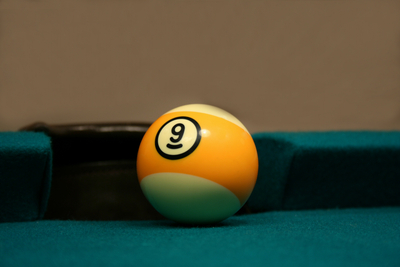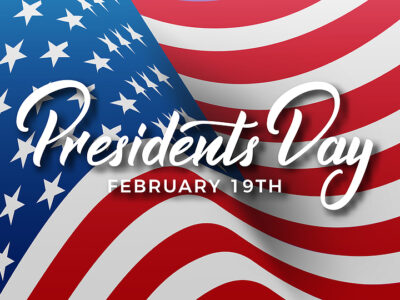In my last blog post, I talked a lot about description. I talked about the purpose description serves. In the previous post, I set the scene for the story I’ve been using. Now let’s talk about:
Does my description help develop the character?
In the story with Oliver and Sophia, I wrote the opening scene. Let’s see if there’s anything I can improve on in this to develop the characters a little better. Changes are in red. I decided I needed a better opening line. A catchier one. So, I’m trying this on for size. It may change toward the end when I have a better grasp of the story.
Instead of focusing on how exhausted he was this morning, Oliver Wells glanced at the clock and decided to be grateful for another day on the planet. 7:45. He had fifteen minutes before he had to leave for the office. The pouring rain outside his kitchen window promised to be another soggy September day. “Gia, you about ready?”
“I guess.” His nine-year-old daughter dragged herself and her backpack to the table and scarfed her blueberry muffin and two strips of crisp bacon. She chugged her half glass of orange juice, then stood. “Okay, I’m ready now.” She grabbed a hair tie from her pocket and passed it to him. “You can do the honors.”
He shook his head and smiled. Her golden-brown eyes and dark skin had ceased to remind him of his ex-wife and the pain she’d caused both of them. Now, when he looked at his child, he just saw Gia. Her tender heart and willingness to help anyone who needed it was all him. Which would lead to hurt one day; but for now, he did his best to protect her and her innocence. He grimaced at his negative thoughts, dipped his fingers into the styling gel, and focused on taming* Gia’s curly* hair into her signature ponytail.
Footsteps on the stairs turned his attention to his mother. She was dressed in her usual leggings and long T-shirt, tennis shoes and smart watch. It was Monday. She’d drop Gia at school, then head to her Pilates class at the gym around the corner. Gia patted her hair and grinned at her grandmother. “We match today, Bestie.”
“We match most days, ké mwen.” His mother’s native French Creole often slipped into her speech. She’d been in the United States since shortly before his birth, but still her lyrical Haitian accent was as strong as ever. As was her love for her offspring.
“I’ve got to go, ladies.” He kissed Gia on the head. “I’ll see you after school. Have a good day.”
“Are you going to put together a face today?” Gia asked, stuffing another piece of bacon in her mouth.
As a forensic artist, he often spent his days reconstructing skulls to help find missing people. “Yes, ma’am. Say a prayer for the unknown family. Whoever they are, they’re missing her.”
“Okay, Daddy. I will.” He knew she would too. And they’d pray together for the family later that night when he tucked her in. He wanted her to have a strong prayer life. Prayer was the main thing that had gotten him through his tough time. He’d make sure Gia had that same foundation.
He bussed his mother’s cheek, then hurried out the door to climb in his car, thanking God for the little things in life—like garages. And daughters who prayed. And mothers who helped take care of her grandchildren. Okay, maybe the last two weren’t so little.
Fifteen minutes later, he pulled into the parking space at his lab, ducked his head against the rain that slowed to a drizzle, and hurried inside. He was early. As usual. But he liked being the only one in the place. It gave him time to map out his day before the interruptions started. He swiped his card and pushed through the door. Only to come to a halt. “What the–?”
The words echoed in the silence while his gaze took in the destruction. His heart thundered in his ears. Someone had broken into his lab and turned it into a chaotic mess of broken equipment, torn notes, and shattered laptop as if they were searching for something specific and wanted to leave as much devastation as possible in their wake. He reached for his phone and dialed 911 when a sound from behind the bathroom snagged his focus.
(*changes made after a sensitivity reader gave me feedback)
So, here I went through and upped a little of the character descriptions. You now know that Gia is mixed race (as is Oliver, although I haven’t gone into his physical description yet). I’ll do that through Sophia’s point of view.
Let’s talk about the question: Does my description help develop the character?
What does that mean, exactly? Basically, what it sounds like. Descriptions can reveal character traits and emotions. With my few fixes above in red, I tried to go a little deeper, reveal a little more about the characters. Show you a little of their history, culture, and faith.
Did I do that in my scene above? Is there anything you would add? Change? Take out? Do you wonder why Gia calls her grandmother Bestie? I do!
Take a look at your own work and ask yourself that question as you read through your description. Next time, I’ll answer more questions about description and move on to how to use description to advance the plot.









